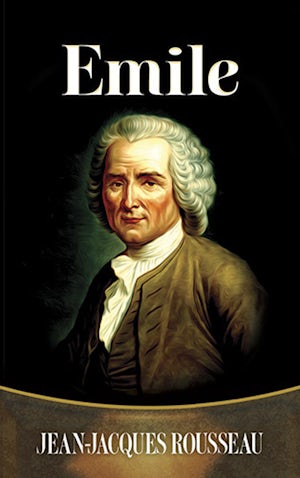
A foundational text of Western education, this 1762 treatise served as a model for a new approach to teaching during the French Revolution. Emile recounts a boy's education, and Rousseau considered it the most important of his writings. With its theories on the retention of innate human goodness and the avoidance of corruption from bourgeois society, the book offers prime examples of the author's philosophy.
Rousseau's five-part approach devotes the first three sections to Emile's early education, including the child's interactions with the larger world and the selection of a ... Read More
Rousseau's five-part approach devotes the first three sections to Emile's early education, including the child's interactions with the larger world and the selection of a ... Read More
Formats
Paperback
A foundational text of Western education, this 1762 treatise served as a model for a new approach to teaching during the French Revolution. Emile recounts a boy's education, and Rousseau considered it the most important of his writings. With its theories on the retention of innate human goodness and the avoidance of corruption from bourgeois society, the book offers prime examples of the author's philosophy.
Rousseau's five-part approach devotes the first three sections to Emile's early education, including the child's interactions with the larger world and the selection of a ... Read More
Rousseau's five-part approach devotes the first three sections to Emile's early education, including the child's interactions with the larger world and the selection of a ... Read More

